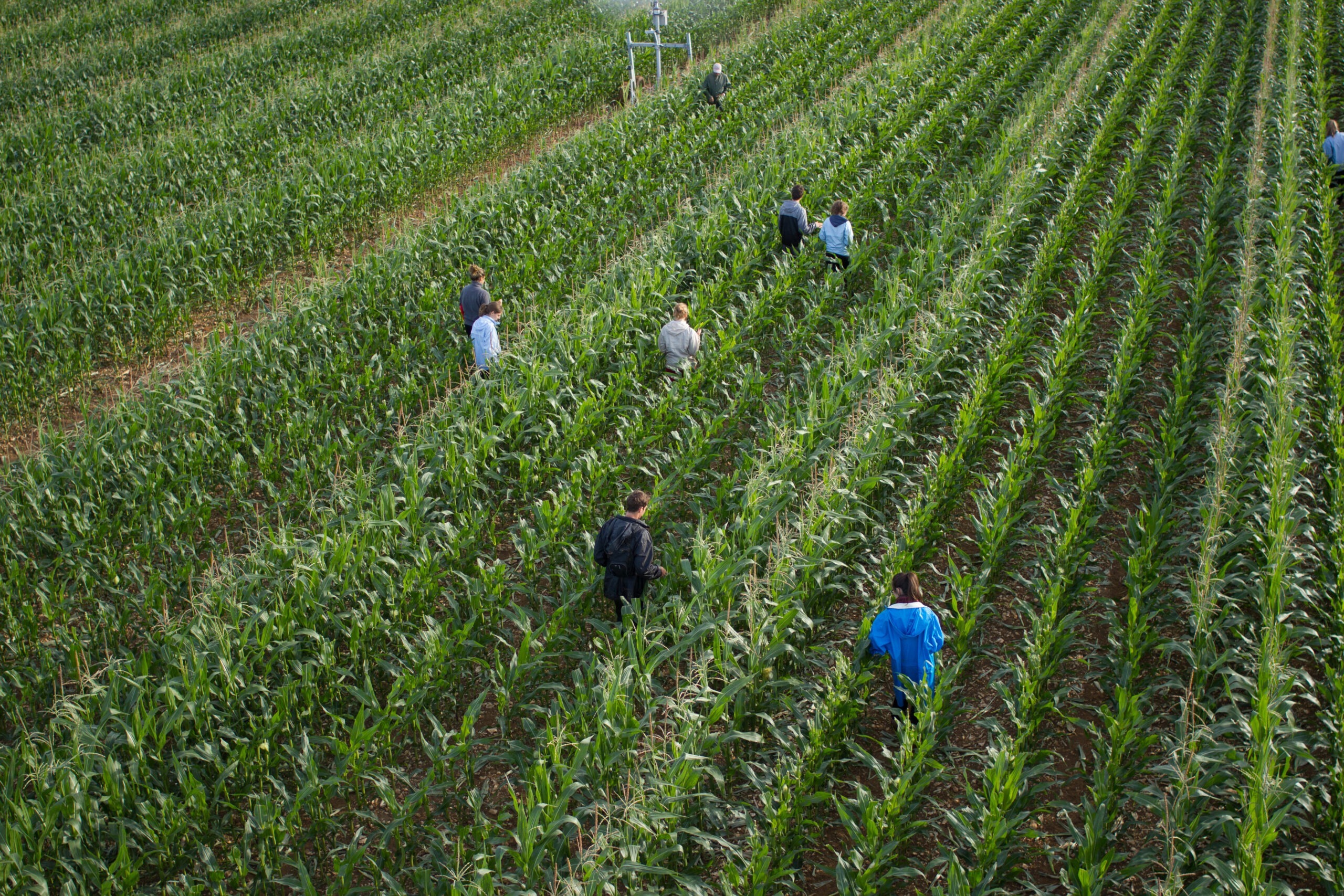Back to mapClose
 See more
See more
Seed multiplication

A central link in the plant production chain
Seed multiplication involves reproducing seeds to increase their commercially available quantities. This technical process is regulated to ensure quality and varietal purity.
Nearly 17,000
Farmer-multipliers in France in 2023-2024
What production framework?
Seed and plant production is carried out under a production contract established between a farmer and a seed company. This contract is based on a standard propagation agreement and technical regulations to meet marketing standards.
By clearly describing the minimum rights and obligations of each party to the contract, the standard multiplication agreement helps to create a climate of trust and allows production to be positioned in a secure framework, thus providing the conditions for implementing the production of quality seeds and plants. The contract also includes specific provisions negotiated between the two parties, particularly regarding the terms of remuneration.
No fewer than 147 species are produced in France, including 74 major crop species and 73 vegetable species. The number of varieties produced amounts to nearly 7,000. Seed production areas are spread across almost the entire country. The main production areas are the Southwest and the area from the Pays de la Loire to Hauts-de-France.

A demanding production process
Seed multiplication requires strict rules to ensure purity and maximize the quality of harvested seeds. The choice of plots is important: it is necessary to carry out crop rotations and respect isolation distances with other crops to prevent pollen from another variety or a neighbouring species from arriving on the plots and crossing with the mother plants. Manual weeding is also carried out to remove plants that do not meet the characteristics of the variety. Finally, crops are monitored regularly to implement the necessary measures to eliminate weeds or control pests (diseases, insects, etc.). Inspections at certain key stages are required by regulations to verify sanitary quality and varietal purity. These elements are essential to ensure the quantities and quality of seeds produced.
Thanks to their expertise and their distribution throughout France, French farmers who multiply seeds play a major role in maintaining France's position as the European leader in seed production. 48% of seed-producing farmers produce seeds every year. They collectively manage 150,000 seed-producing contracts per year, contract individually with an average of 1 to 2 seed producers (up to a maximum of 7) and devote an average of 26 hectares of their land to seed production.
To understand the scale of multiplication, let's take the example of a fodder species: at the end of the first year of multiplication, we harvest about 5 kg of seeds. At the end of the 2nd year of production, we harvest 300 kg of basic seeds that will be used for multiplication the following year. At the end of the 3rd year of multiplication, we harvest 18 tons of certified seeds, which allow for the sowing of about 4,000 hectares. It is generally at the end of the 4th year of multiplication, which allows sufficient quantities to be available, that marketing begins. At this stage, the quantities available allow for the sowing of several hundred thousand hectares.
Challenges that require the profession to evolve
The context of climate change and the reduction of crop protection solutions requires a change in cultivation practices. Numerous joint projects are in progress to identify alternative crop protection solutions and decision-making tools to manage inputs or water levels as closely as possible to needs. Seed companies are also working on adapting plants with production cycles that allow them to avoid harsh climatic conditions or to be more resistant to pests and diseases.
Nearly 370,000
Hectares of seed multiplication in France
What are the figures for organic seeds?
The area devoted to organic seed production has seen a significant increase of more than 26% annually since 2018. In addition, the number of varieties propagated organically in France has doubled in 5 years, reaching 583 varieties in 2022, all species combined.













